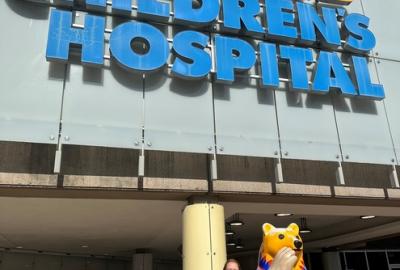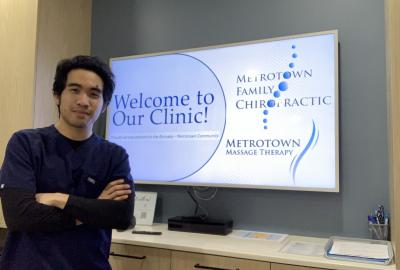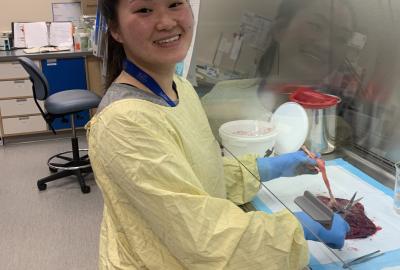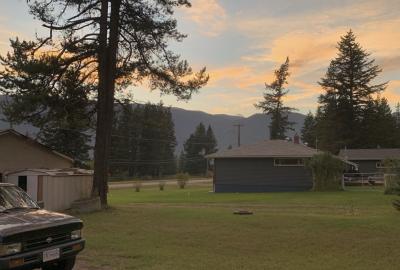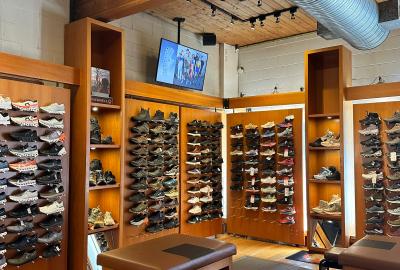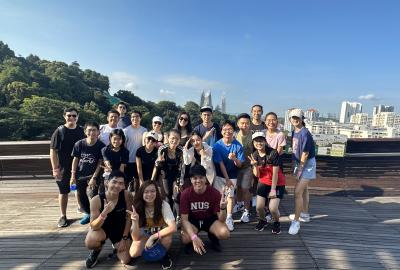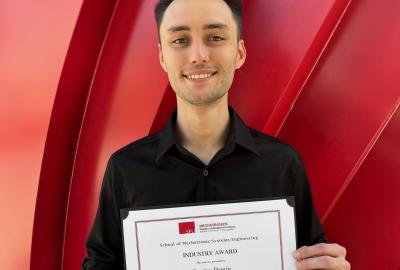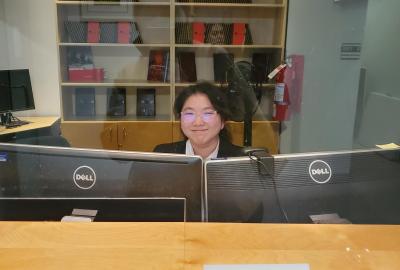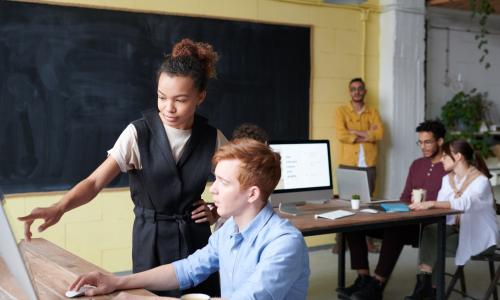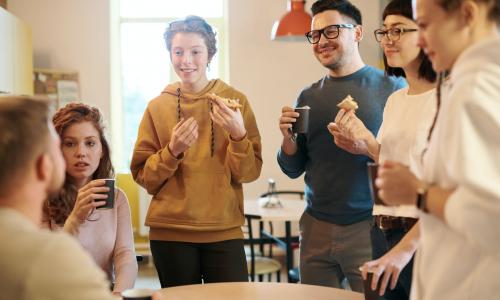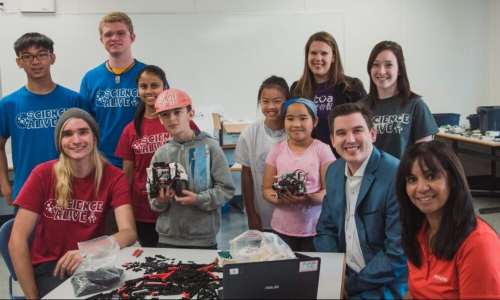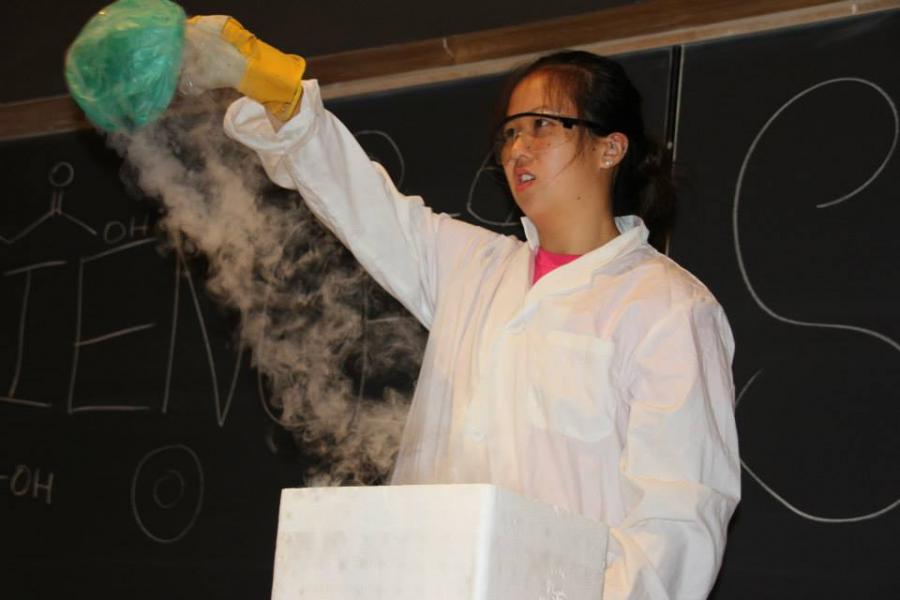
I already realized during the weeks of outreach, that I would terribly miss Science Shows after this summer. As Science Shows Coordinator for Science AL!VE, I was in charge of developing the curriculum and presenting the Science Shows during the weeks that I worked at our base camp, the SFU Burnaby campus. So what does a Science Shows Coordinator do?
Science Shows happen every Monday, Tuesday and Wednesday, as well as on Thursdays during the Open House event for the families and friends. They last about half an hour, and take place in one of the lecture halls of the Academic Quadrangle. During Science Shows, all camps are together, and the staff sets up four or five experiments covering a variety of fields in the Sciences and Applied Sciences: Chemistry, Physics, Engineering, and Meteorology.
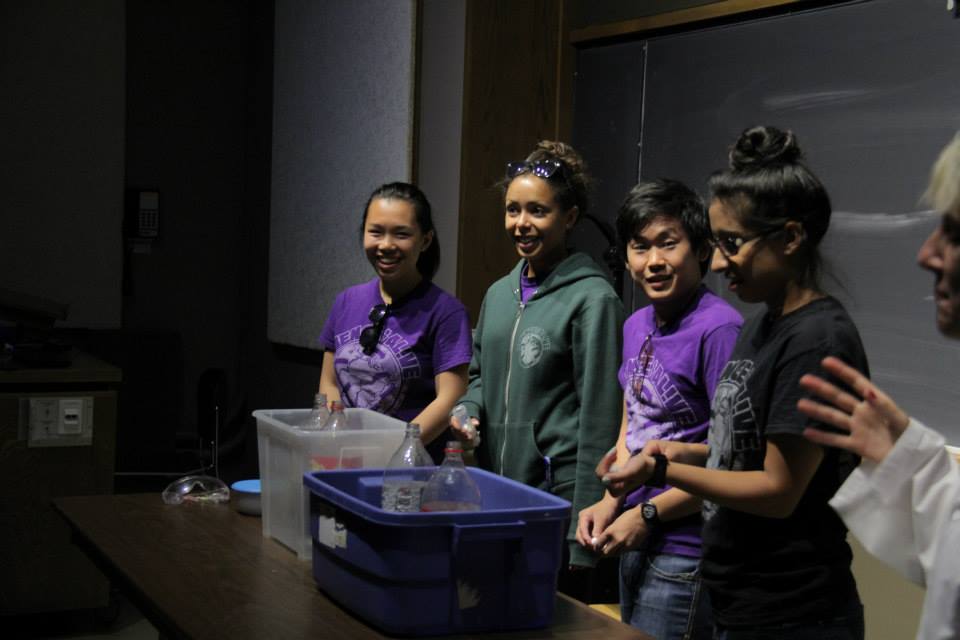
To prepare for these events I had to research and assess experiments; I also had to make sure that each Science Show was varied and cohesive, and that the experiments were easy to see from the back rows. It was also important to ensure that each show was adapted to Grade 2 to 7 audiences and informative at the same time, all while avoiding long-winded explanations, but also flashy magic tricks without educational value. Since Science AL!VE offers an Alpha and a Beta week for most of its camps, allowing students to attend for two weeks without repeating curriculum, I put together around six hours worth of science experiments.
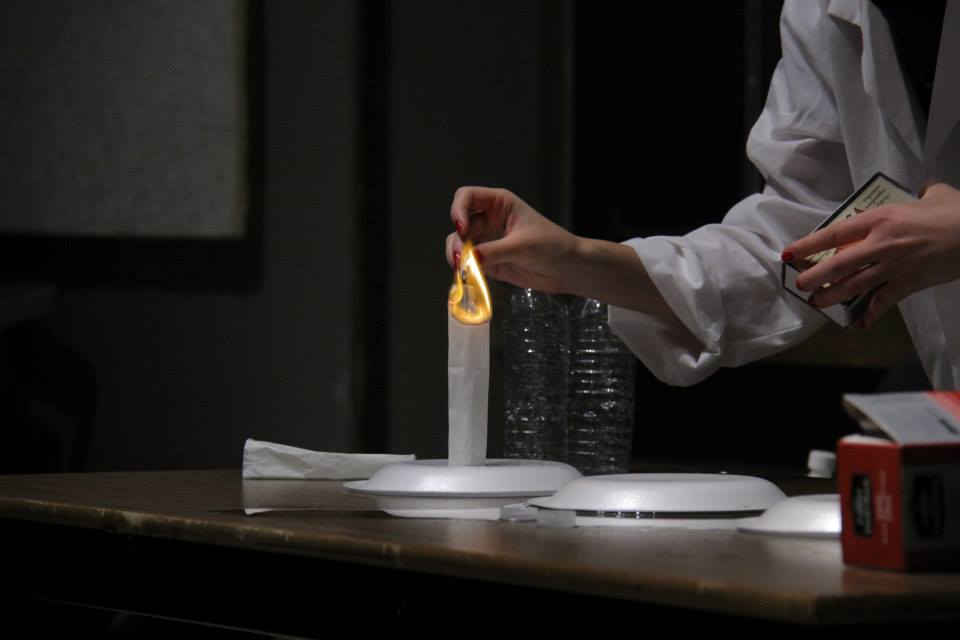
The next step: shopping for supplies! This included rummaging through Science Stores, investigating chemicals and laboratory material supplies, and I have to admit it was great fun. I enjoyed learning more about the uses of different chemicals, about the specific utility of glassware, and having to decide which was appropriate for each experiment. I made solutions and dilutions, shopped for gloves, beakers and Erlenmeyer flasks, dealt with big flasks of Hydrochloric Acid and minimal amounts of Potassium Iodide excavated the secret chambers of the Chemistry wing for Dry Ice and collecting Liquid Nitrogen from kind Physics Professors, tying balloons to a string and turning tea bags into hot air balloons
I would start my mornings loading our wonderful Science AL!VE cart, and wheeling it to the lecture hall. On the way, I would come up with a good storyline for my set of experiments. While I waited for our Quarks, Electrons, Ions, Nebula Girls, Eco and Tech campers, I would play some classic soundtracks to get in the right mood, and once everyone was there, I would put on my lab coat and goggles and jump into my alter ego, the Mad (yet very Safe and hopefully Knowledgeable) Scientist.
My colleagues were always a great help – filling awkward silences, stalling when my hot air balloons just wouldn’t fly, lending a helping hand whenever necessary and adding very charming characters to the stories I told every morning. It was a great experience, to overcome the initial stage fright and nervousness, and become more and more comfortable in my role. Some experiments, all-time favorites like Elephant Toothpaste and Mentos and Coke, would cause laughter and exclamations of delight every time, and would be as much fun for the instructors as it was for the campers. It is not every time that you get to leave a mark on the ceiling of a lecture hall! But pssssst… Let’s keep this between us.
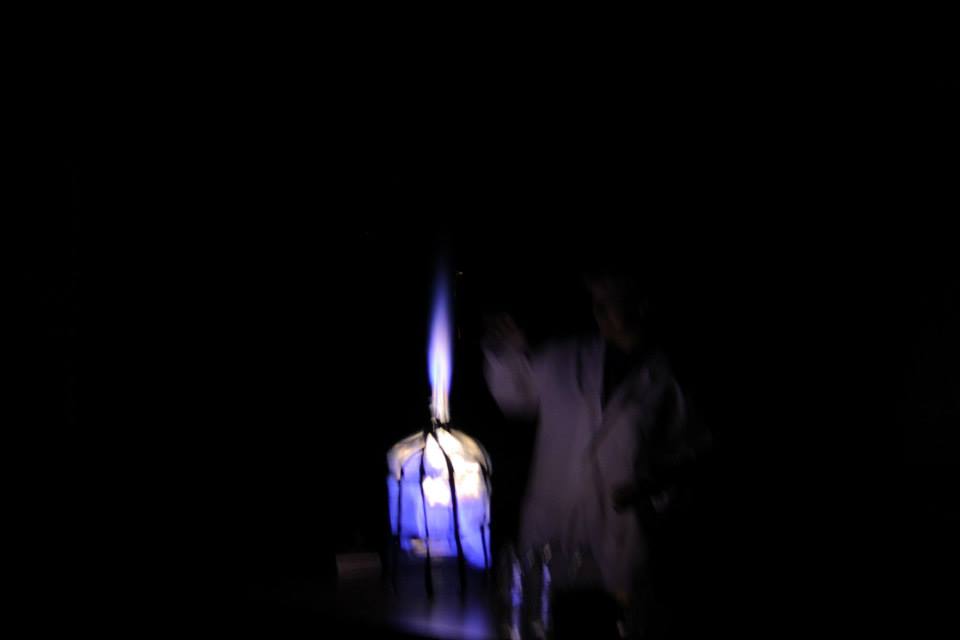
One thing is sure: we have come a long way! From those first days when we counted our students twenty times during the walk from sign-in to our classrooms, to the outreach camps, which we ran independently from beginning to end. Besides learning a lot about classroom management, interactions with parents, budgeting and curriculum development, the experience at Science AL!VE has also taught me the importance of team work, and of communicating and adapting my scientific knowledge to a variety of audiences. These are two skills that I want to apply to future professional experiences. Although I have thoroughly enjoyed working with children this summer, I will be looking for a more lab-oriented position for my next coop term. However, I will do so with the knowledge that I am a much more confident and competent employee now than I was at the beginning of the summer!
Beyond the Blog
- This series was originally published on the Science Alive Blog, please visit their site for more stories like Lea's.


